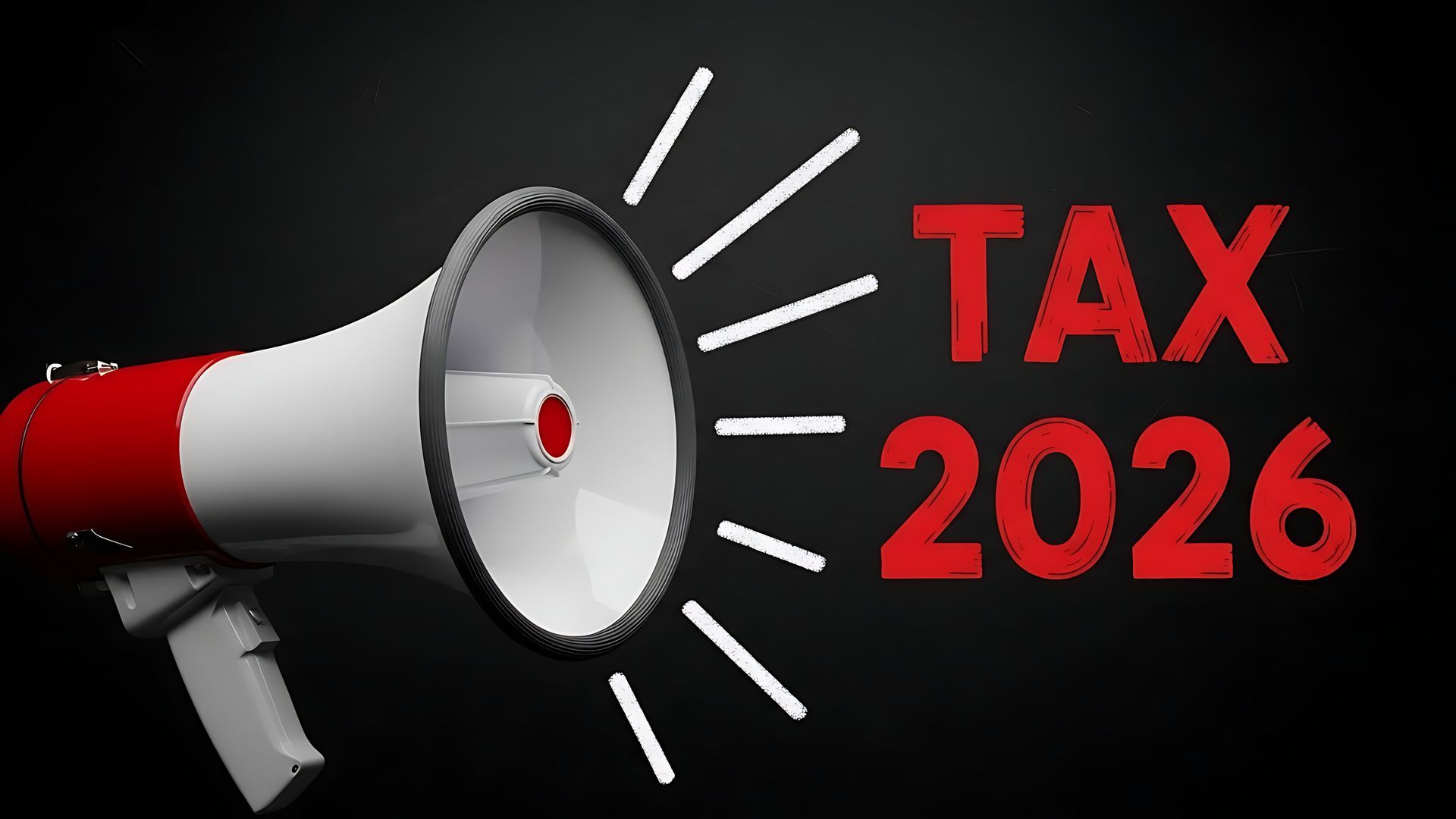What Arizona Freelancers Should Know About Estimated Tax Payments

If you’re self-employed in Arizona, you don’t have an employer withholding taxes from your paycheck.
Unfortunately, the federal government doesn’t really trust you to set aside enough money each month to cover your income tax bill.
Freelancers, independent contractors and small business owners are all responsible for sending in quarterly payments. How can a freelancer or contractor determine how much he or she is going to earn by the end of the year to properly estimate their quarterly payments? It’s not always easy, but failing to pay enough can trigger IRS penalties and last-minute stress when April arrives.
Who Needs to Pay Estimated Taxes?
- You expect to owe at least $1,000 in federal income tax for the year after subtracting withholding and refundable credits
- You have income that isn’t subject to automatic withholding, such as freelance work, contract gigs, side business profits or rental income
- You’re not having enough tax withheld through other sources to cover your liability
This includes gig workers, real estate agents, independent consultants, self-employed creatives and many small business owners in Arizona. If you file jointly and your spouse is also self-employed or under-withheld, you may need to coordinate your payments together.
When Are Estimated Taxes Due?
The IRS expects you to pay throughout the year, not just at the end. Payments are typically due on the following schedule:
- April 15 – for income earned January–March
- June 15 – for income earned April–May
- September 15 – for income earned June–August
- January 15 (of the following year) – for income earned September–December
If a due date falls on a weekend or holiday, the deadline is typically pushed to the next business day. Arizona doesn’t have its own estimated tax requirement for most individuals, but you should check with a tax professional if your business structure requires additional state filings.
How to Estimate Your Payments
If you’re not sure how much you’ll make this year, calculating your estimated taxes can feel overwhelming. The IRS provides a couple of ways to approach it:
- Safe harbor method: If you pay 100% of your previous year’s tax liability (or 110% if your adjusted gross income was over $150,000), you can usually avoid penalties, even if you end up owing more.
- Projected income method: Estimate your current year’s income and calculate tax as if you were filing today. This is more accurate but requires adjusting your payments if your income changes.
You’ll also need to account for self-employment tax, which covers Social Security and Medicare contributions. For 2025, this is 15.3% on net self-employment income.
You can use IRS Form 1040-ES to help calculate and submit your payments. Many freelancers also use accounting software or work with a CPA to stay on top of these quarterly requirements.
How to Make Your Quarterly Tax Payments Online
Once you’ve estimated your payment, sending it to the IRS is relatively straightforward with the Electronic Federal Tax Payment System (EFTPS):
- Go to
eftps.gov and log in. If you haven’t used it before, you’ll need to enroll. The IRS will physically mail you a PIN, so if it’s your first time using EFTPS you should enroll at least a week in advance.
- Select “Make a Payment” and choose “Estimated 1040.” This applies your payment to your personal quarterly tax obligations.
- Enter the amount, payment date and bank account info. You can schedule payments in advance if you’d rather not worry about each deadline manually. This may be ideal for people using the safe harbor method.
- Submit your payment and save the confirmation. The site provides a receipt for your records.
You can also use IRS Direct Pay for one-off payments, but EFTPS gives you better tracking and scheduling tools if you’re required to pay quarterly.
What Happens if You Underpay or Miss a Deadline?
The IRS charges penalties and interest for both late payments and underpayments. Even if you file your annual tax return on time, you could still owe penalties for not keeping up with your quarterly estimated.
Underpayment penalties are based on how much you underpaid and how long the payment was late. While the exact numbers vary, they can add up quickly, especially for high-income months where taxes weren’t set aside properly.
If you miss a deadline entirely, it’s better to submit a payment late than not at all. You can still reduce your penalty by catching up as soon as possible.
Tips to Stay on Track With Your Estimated Quarterly Tax Payments
- Set up a dedicated tax savings account: Transferring 25–30% of your income as it comes in can make quarterly payments more manageable.
- Automate reminders: Add quarterly tax deadlines to your calendar or use your accounting software’s alert system.
- Adjust mid-year if needed: If your income has increased or decreased substantially, update your estimated payment calculations so you’re not caught off guard.
- Work with a tax professional: They can help you choose the safest method and adjust it as your income evolves.
Avoid Penalties and Stress by Working With an Experienced Phoenix Tax Preparer
Estimated tax payments are a routine part of self-employment, but they often catch new freelancers and gig workers off guard. Setting aside money as you go, projecting conservatively and meeting each deadline can help you avoid penalties and stay focused on growing your business, not scrambling every quarter.
You can worry less about your business and personal taxes by working with a trusted CPA, bookkeeper or accountant. Call (480) 561-5805 to speak with one of our tax and accounting professionals at H&H Accounting Services.



